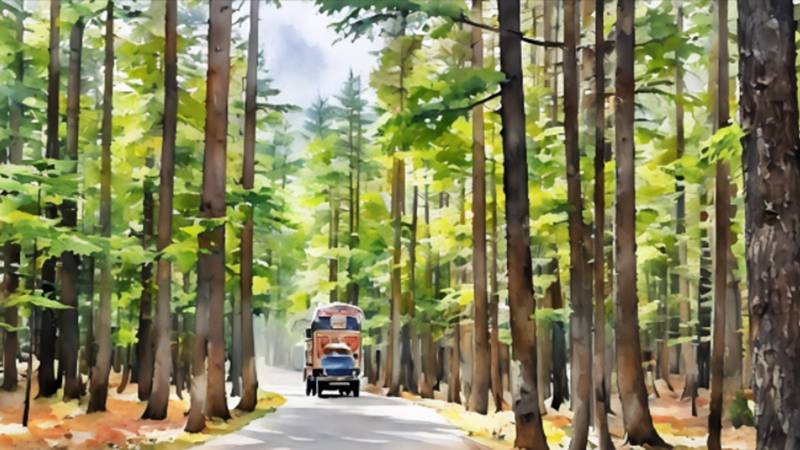
Qari Fazal Wahab, a 45-year-old Imam and Quranic scholar from Swat has been tirelessly working to protect the environment and wildlife.
Under his self-funded initiative, he has personally planted over 10,000 trees in different locations, intending to reach 100,000 trees soon.
In addition to his role as the Imam of Mingora Mosque, he also teaches students. Swat has recently faced devastating changes, including deforestation and environmental degradation, which have severely impacted its beauty.
However, Qari Fazal Wahab's mission is to restore Swat's beauty, protect wildlife, and prevent floods. For the past decade, he has been steadfastly working towards achieving this goal.
In the upper regions of Swat, people are cutting down trees for fuel, furniture, and other purposes, exacerbating the issue. Qari Fazal Wahab stresses that Swat's clean environment and weather are under threat from environmental degradation and climate change. He believes that if every citizen becomes an environmental advocate, Swat will never be vulnerable to natural disasters like floods again.
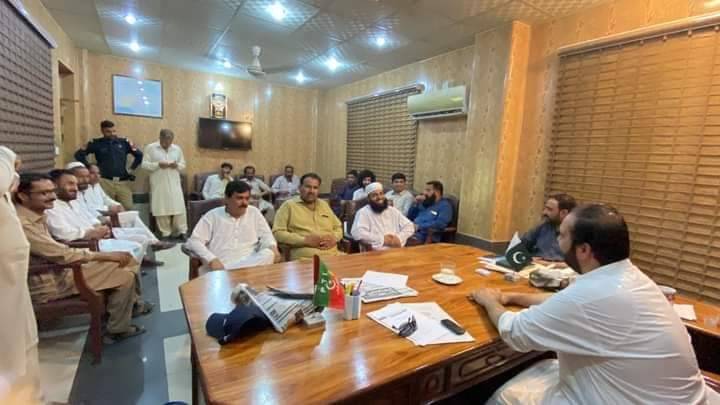
The Swat Valley is known for its rich biodiversity, including various species of flora and fauna. Deforestation has led to habitat loss, endangering many species and reducing biodiversity.
Unfortunately, tree planters and environmental activists in Swat have been targeted by the timber mafia and local authorities. Qari Fazal Wahab, a cleric who has planted over 10,000 trees and raised his voice against the timber mafia, was beaten and arrested by the timber mafia and local police.
Qari Fazal Wahab tells The Friday Times–NayaDaur, “I want to save the environment, as Swat is at risk of severe climate change in the future. My efforts are aimed at making people and students understand the importance of saving Swat's environment.” He adds, “In the past, timber mafia members attacked me on the bypass walking track, and when I went to the police station to seek justice, I was arrested due to political interference.”
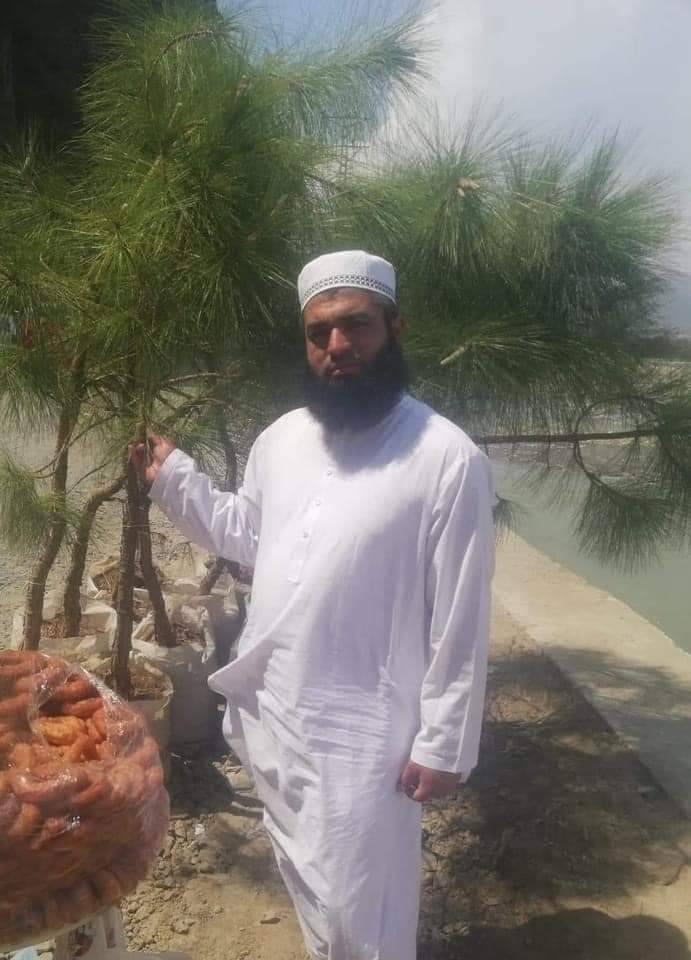
Many people in Swat rely on forests for their livelihoods, including timber and non-timber forest products. Deforestation reduces the availability of these resources, affecting the income of local communities.
Qari Fazal Wahab says to TFT-ND, “I forgave the five or six individuals involved in the attack and said, 'If the government takes action against them, my mission will not be affected.'” He further states, “I have planted over 10,000 trees on my own and aim to plant 100,000 trees. Unfortunately, the timber mafia has accused me of doing this for fame and money, but the truth is that I want to protect Allah's creation and wildlife.”
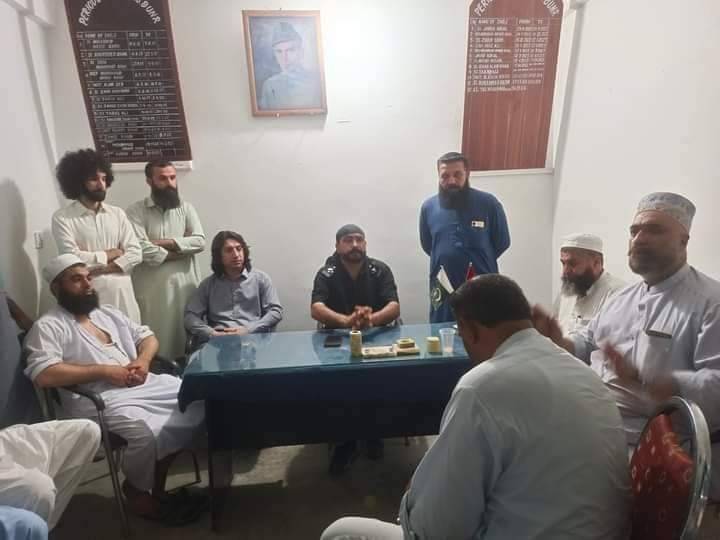
Environmental expert and activist Azhar says, “The attack on Imam e masjid and Qari Fazal Wahab is a disgrace to the country and nation. We stand with him, and everyone knows that Swat and Pakistan have been affected by climate change for years. Everyone must become an environmental friend now.” He adds, “The government should take action against the culprits so that such incidents can be prevented in the future.”
Azhar says that Qari Fazal Wahab is a valuable asset to this country, and the government should protect him.
The incident has sparked widespread outrage on social media, with many condemning the arrest of Imam e Masjid and Qari Fazal Wahab.
Harmeet Singh, a journalist associated with the Sikh community, sats, "I remember a dialogue that says, 'Justice will be served, and it will be served definitely.'”
Salman Khan, a local resident of Swat, says that Qari Fazal Wahab was arrested for planting trees and speaking out against the timber mafia. The timber mafia, in collaboration with local authorities, has been trying to silence Qari Fazal Wahab, who has been a vocal critic of their illegal activities.
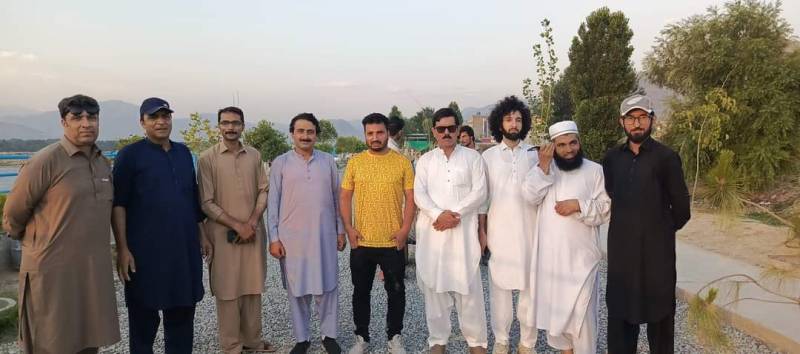
Forests play a key role in maintaining the water cycle. Deforestation can disrupt this cycle, leading to reduced rainfall and affecting water resources in the region. This can also lead to decreased water quality due to increased runoff and sedimentation.
Pakistan ranks seventh among the countries most affected by climate change, and the country has experienced 139 natural disasters in the past 20 years. Therefore, it is essential that everyone takes steps to save the environment in Swat and across Pakistan.

